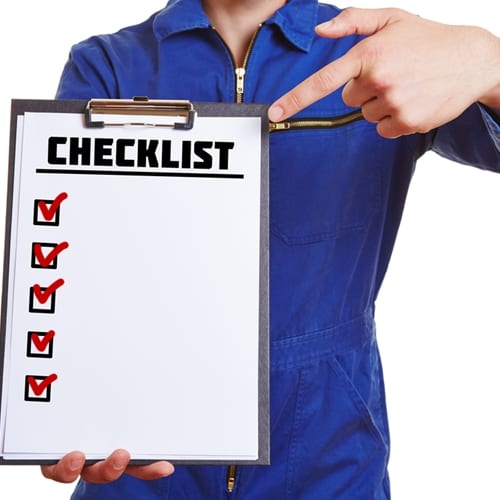Proper practice and knowledge of correct protocols make a difference when it comes to commercial diver preparedness. Effective drills are not just useful tests of skill, but also ways to prepare divers for the various dangers they might encounter during their work, and the maneuvers needed to respond to them.
In a recent interview with ADCI (Association of Diving Contractors International, Inc.) TV, ADCI Gulf Coast Chapter ChairmanTravis Detke described some of the emergency drills that offshore workers in particular can use regularly to ensure correct action during an emergency. Some of the common situations that he refers to include training to respond to a trapped diver, loss of gas or of communications.
While acknowledging these plausible scenarios is vital, another important part of emergency drill procedures is adaptability. A good list of drills may be revised and updated based on the experiences and opinions of divers, something that keeps divers involved in the process.
Detke acknowledged that divers and supervisors should "bring up other scenarios that might occur" as he outlined the ADCI's approach to developing proper drill programs.
"Think of the worse thing that could happen to you and then plan for that drill, and in planning for it look at the steps that can be taken, the tools, the personnel, and make sure that we don't hurt anybody while we conduct the drill," he said, referencing the ways his organization encourages staff to improve drills.
Implementing drills is one way prepare divers for different dangers. Employers should complement that readiness with commercial diving insurance that will provide coverage for the diver's activity.

